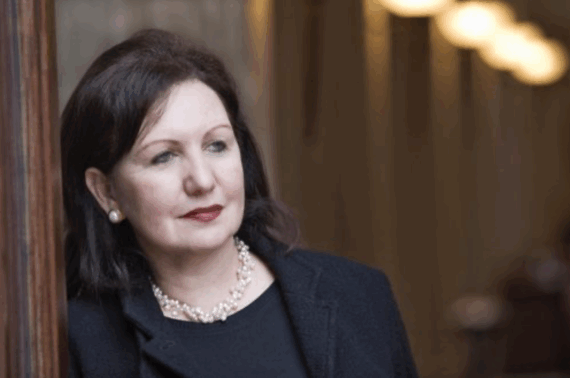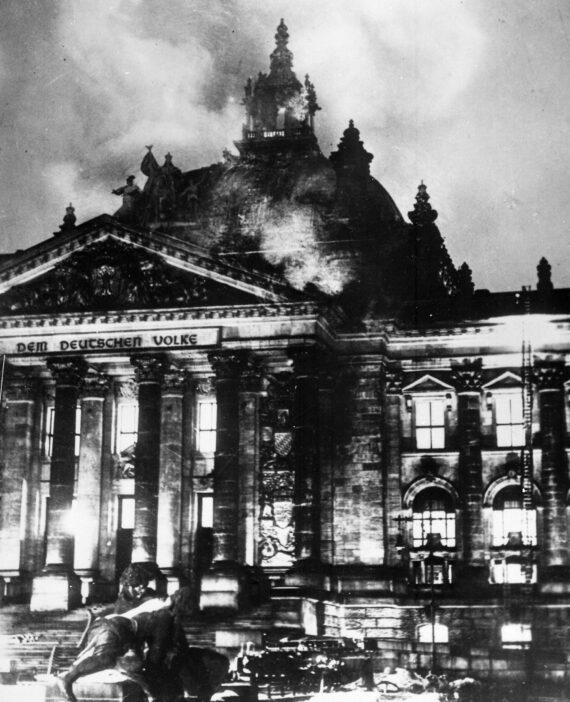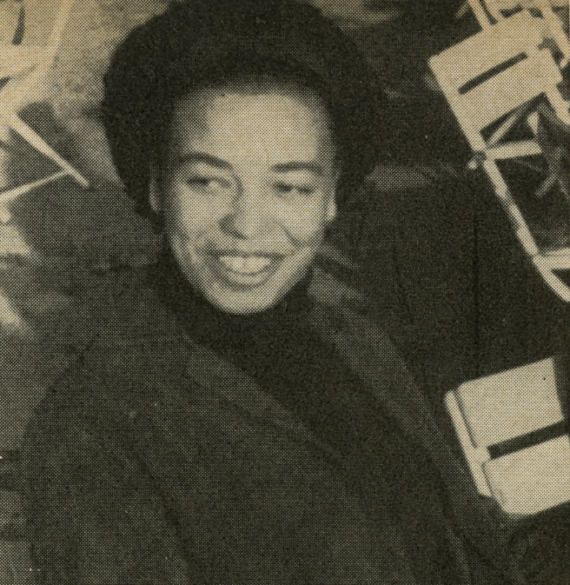Like Marcuse, I am convinced of the emancipatory potential of Hegelian philosophy, and though in my recent work I have made a turn to Kant, I have never left Hegel behind. [Continue reading here]
Herbert Marcuse
We are experiencing right now, in the first few weeks of the second Trump presidency, the triumph of a new offensive of the American Counterrevolution. It is critical that we understand this moment. Few texts are more important to do that than Engel’s Revolution and Counter-Revolution in Germany 1848 and Marx’s Eighteenth Brumaire of Louis Napoleon. [Continue reading here…]
Commemorations of the 100th anniversary of the founding of the Institute for Social Research—the Frankfurt School—have taken place around the world this year, many of them at prestigious universities and featuring key contemporary representatives. My general impression of those events is that they have neglected a crucial and still relevant conjuncture in the Institute’s history. That neglect points to some unfortunate lacunae within more recent Frankfurt-oriented critical theory.. [continue reading here…]
In a brilliant and wide-ranging interview from 2020, Angela Davis returns to her years at the University of Frankfurt and reexamines her intellectual engagement with Herbert Marcuse, Theodor Adorno, and fellow graduate students at the University of Frankfurt in the late 1960s. The encounter with Adorno and Marcuse, Davis now suggests, provides a crucial theoretical piece in the development of her abolition-feminist method. That piece was the experience of a contradiction that could not simply be resolved or overcome, but served instead productively to generate new understandings and practices—new forms of critique and praxis. This raises, for me, the fascinating question whether there is more continuity from the first generation of the Frankfurt School to the critique and praxis of Angela Davis (as well as of Hans-Jürgen Krahl and the SDS students), than there is to that of critical theorists who are generally identified as the second or third generation of the Frankfurt School. I don’t mean to be provocative, I am totally genuine here. Maybe we have gotten our genealogies all wrong. Maybe the spirit of the Frankfurt School went in a very different direction [continue reading here …]




